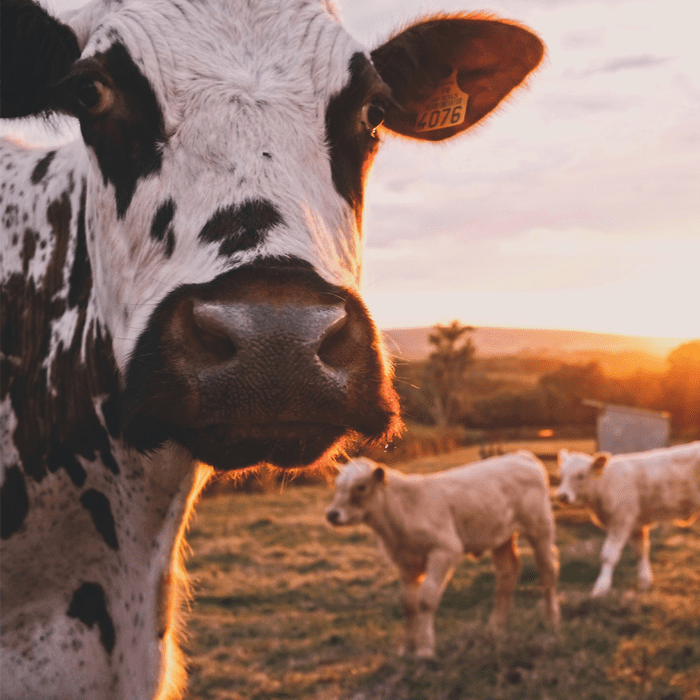Responding to the announcement today that the OECD Inclusive Framework on Base Erosion and Profit Shifting (BEPS) has agreed to push ahead with the two-pronged global tax reform deal and set a global minimum corporate tax of 15 percent, Dr Jo Spratt the Communications and Advocacy Director of Oxfam Aotearoa, said:
“A really disappointing result for global tax reform. We had great hope that these negotiations would change the archaic global tax rules to make sure the majority of the world’s population benefitted. This is a self-serving deal for the G7 and EU that will allow them to pocket more than 2/3rds of the revenue this global tax will create.
“Once again rich countries are leaving developing countries high and dry with only 3% of profits being funneled to the people in greatest need. Our ask is that global tax be at least 25 percent which could have generated over USD$17 billion (over NZD$24 billion) more each year for the poorest countries. Enough to pay to vaccinate 80 percent of their people.
“There are still many questions we need to be asking including what this means for New Zealand, which has a corporate tax rate of 28 percent and our Pacific neighbor Vanuatu who currently has no corporate tax rate at all.”
Gabriela Bucher, Executive Director of Oxfam International, said:
“The world needs a fair tax deal if we are to defeat extraordinarily high inequality and stop climate breakdown. But this deal is instead no more than a G7-money grab. Rich countries are forcing developing countries to choose between a raw deal or no deal. It is just another form of economic colonialism. This is not an ‘historic’ deal ―it is history repeating itself. Those who shamelessly rigged the global tax system to their benefit over a century ago have again ring-fenced the game for themselves.
“The new rules on making multinationals pay taxes where they are making their sales and profits will apply to just 100 of the most profitable corporations, and loopholes could let big offenders like Amazon off the hook. With so many carve-outs now in play, including the UK’s push to exempt the City of London, this one-sided deal could end up being about as helpful as a bucket full of holes.
“The long-overdue tax reform was meant to recover billions in underpaid corporate tax for all countries. Instead, the G7 and EU will pocket more than two-thirds of new cash that a global minimum corporate tax rate of 15 percent will yield. The world’s poorest countries will recover less than 3 percent ―despite being home to over a third of the world’s population. If you’re a nurse in Mexico, a market vendor in Thailand or a small business crippled by COVID-19 in Kenya, then this tax deal isn’t for you.
“A global tax rate of 25 percent would raise nearly $17 billion more per year for the world’s poorest countries than a 15 percent rate ―enough to vaccinate 80 percent of their population. The 15 percent rate agreed by the G7 and endorsed today will do little if nothing to end harmful tax competition. It is already being seen by some in Australia and Denmark as an excuse to lower domestic corporate tax rates, risking a new race to the bottom.
“The deal the OECD wants is skewed-to-the-rich and completely unfair. It is bad news for tax havens, but will fail to levy funds developing countries desperately need to save lives and propel sustainable economic recovery from COVID-19. This was an once-in-a-lifetime opportunity to build a profoundly more equal world where the richest pay their fair share of tax.”
Notes to editors
130 out of 139 members of the OECD Inclusive Framework on BEPS have endorsed the deal.
The deal’s pillar one will only apply to multinationals with “global turnover above 20 billion euros (over NZD$34 billion) and profitability above 10 percent”, which could rule out corporations like Amazon. Extractives and regulated financial services are excluded from the deal.
The 15 percent rate agreed by the G7 is well below the UN Financial Accountability, Transparency and Integrity (FACTI) Panel recommendation made earlier this year, which called for a 20- to 30-percent global corporate tax on profits. The Independent Commission for the Reform of International Corporate Taxation (ICRICT) has called for a 25 percent global minimum tax to be applied.
A 25 percent global minimum corporate tax rate would raise nearly USD$17 billion (over NZD$24.4 billion) more per year for the world’s 38 poorest countries (for which data is available) than a 15 percent rate. These countries are home to 38.6 percent of the world’s population.
The G20 Finance Ministers and Central Bank Governors will meet in Venice on 9-10 July 2021. Technical details for both pillars are expected to be finalized at the G20 Rome Summit scheduled for the end of October 2021.






